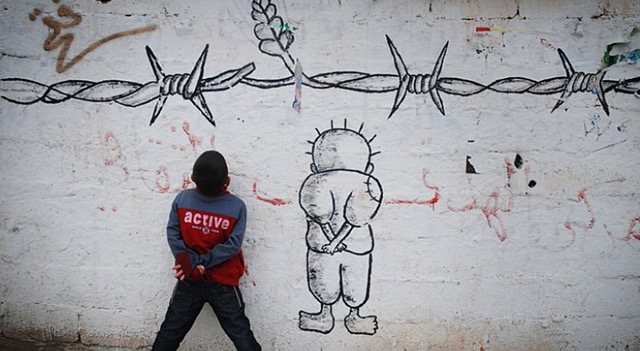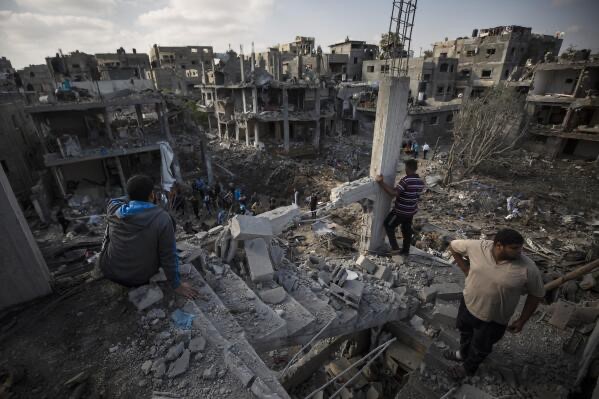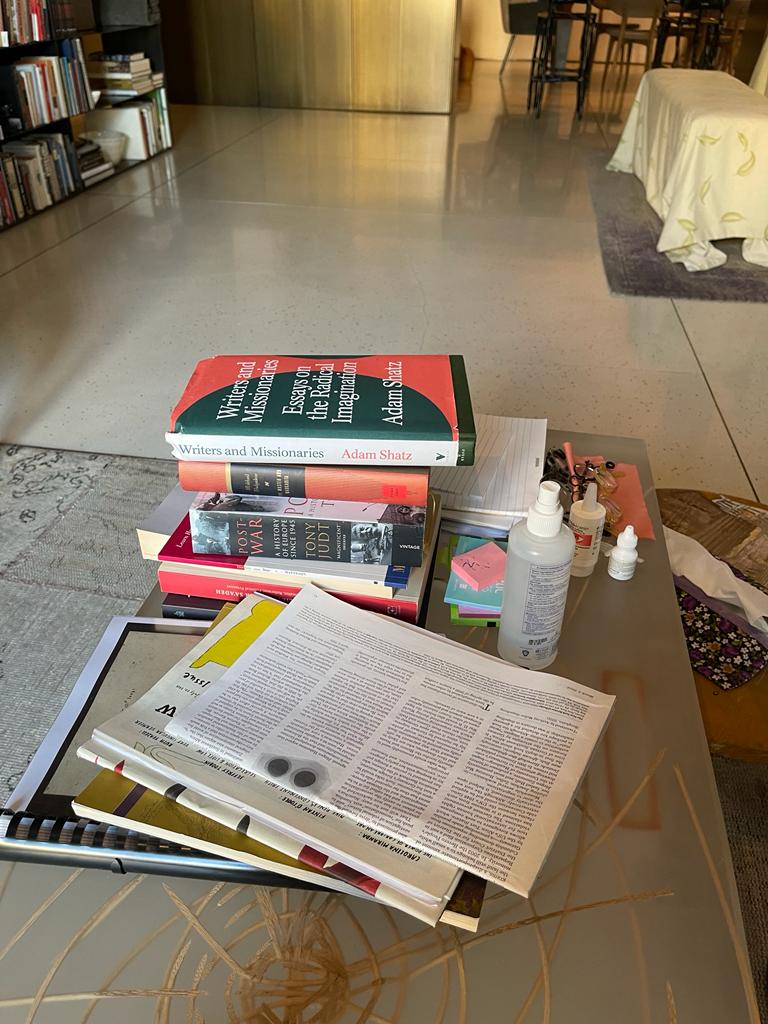Why This Time It’s Different
I have a little sister, whose myriad medical conditions from birth have demanded of her and us extraordinary faith, as it happens her name. Faith that perhaps the heavens might somehow relent and offer her a more merciful journey on this earth.
Every time I see her, I am stricken by an all-engulfing sadness made even more unbearable by her helplessness and ours, her family, before afflictions that won’t abate. When we are together, most times there is hardly any emotion on display beside outward love–no tears and scenes, no curses and furies, no visible laments. But always, there’s the ever-present whisper: ya haram. Mercy! I know that my three siblings feel and whisper the same.










